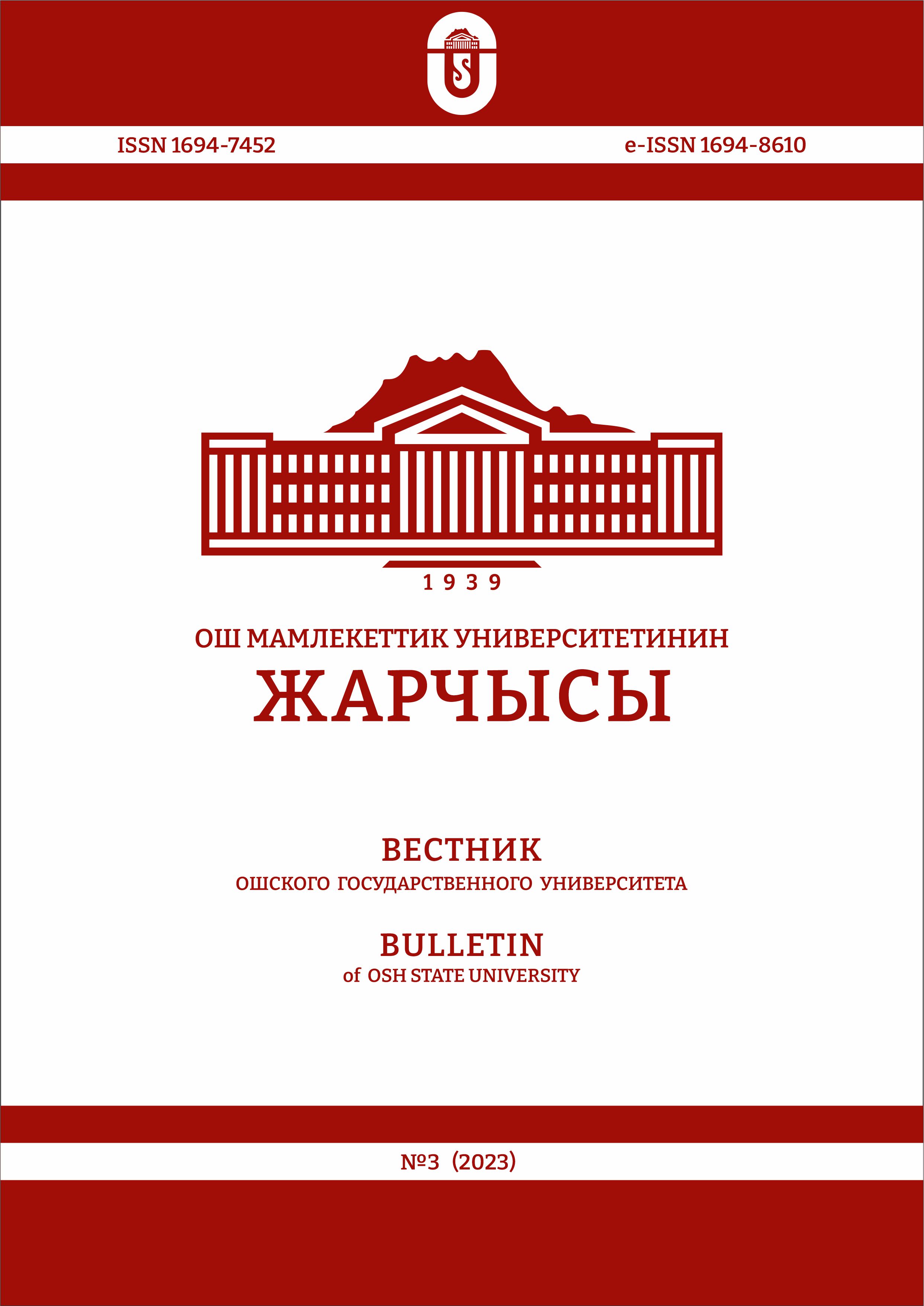EVALUATION OF ORGANIZATIONAL CITIZENSHIP BEHAVIOR (OVD) IN TERMS OF THE QURAN AND SUNNA
DOI:
https://doi.org/10.52754/16948610_2023_3_16Keywords:
Organizational Citizenship Behavior, Quran, HadithAbstract
Organizational Citizenship Behavior (OVD), which expresses voluntary behaviors outside of official duties, is beneficial and important for both public institutions and private companies. Because virtues such as Altruism, Civic Virtue, Superior Duty Consciousness, Gentlemanship, Courtesy, Loyalty, Adaptation and Personal Development, which are among the principles of Organizational Citizenship Behavior (OCB), provide great benefits to institutions if they are applied correctly. For this reason, it is seen that studies in this field have increased in the last 40 years. The fact that these principles of Organizational Citizenship Behavior (OVD) exist in the Qur'an and Sunnah, which are the main sources of the religion of Islam, makes the question of how these principles are found in these sources makes it important. In this study, the common and divergent points will be determined by comparing Organizational Citizenship Behavior (OVD) and the practices in the Qur'an and Sunnah. The principles of Organizational Citizenship Behavior will be compared with the society created by the Prophet.
References
Baktır, Mustafa. (2009) ”Suffe” in TDV Islamic Encyclopedia (37/469-470) Türkiye Diyanet Vakfı Yayınları.
Bukhari, M. b. I., (1987). Sahih Bukhari , Daru Ibn Kesir.
Hanbal, Ahmed. (2001). Musnad . Thk. Şuayip Arnâût, Müessesetü'r-Risâle.
Kaya, D.S. (2013). Organizational Citizenship Behavior. Turkish Administration Journal , Issue: 476, 265-288.
Çağrıcı, M. (2000). “İsar” in TDV Islamic Encyclopedia (XXII/490-491), Türkiye Diyanet Vakfı Yayınları.
Ebû Dâvûd, S. b. E. (ty.), Sünen-i Ebî Davud , thk: Nasirüddin Elbani, Mektebetü'l-Mearif.
Ibn Majah, Muhammad. (22010). Sunan . İhyâü Kutubi'l-Arabi.
Karaman, A. & Aylan, S. (2012). Organizational Citizenship. Journal of Kahramanmaraş Sütçü İmam University Faculty of Economics and Administrative Sciences, 2 (1), 35-48. Retrieved from http://iibfdergisi.ksu.edu.tr/tr/pub/issue/10264/125885
Quran.
Muslim, b. H., (ty.), el-Camiu's-Sahih , Darü'c-Ceyl.
Önkal, A. (1988) “Abdurrahman b. Avf” in TDV Islamic Encyclopedia (1/157-158), Türkiye Diyanet Vakfı Yayınları.
Turkish Language Society. (2005). Turkish dictionary. Ankara, (10th Edition, p. 1321) Turkish Language Association Publications.
Tirmidhi, M. b. I. (ty), Cami'u's-Sahih , thk. Ahmed Muhammed Şakir, Darü İhyaü't-Türasü'l-Arabi.
Tokgöz, Emrah. & Seymen, A. The Relationship Between Organizational Trust, Organizational Identification and Organizational Citizenship Behavior: Research in a State Hospital. Suggestion Journal, 10 (39), 61-76. Retrieved from https://dergipark.org.tr/tr/pub/maruoneri/issue/17900/187803
Downloads
Published
Versions
- 2023-09-27 (2)
- 2023-09-27 (1)
How to Cite
Issue
Section
License
Copyright (c) 2023 Bulletin of Osh State University

This work is licensed under a Creative Commons Attribution-NonCommercial 4.0 International License.



